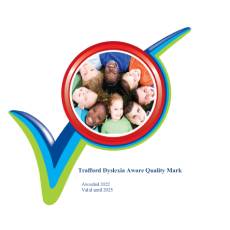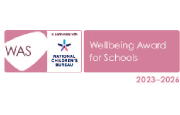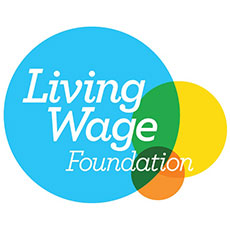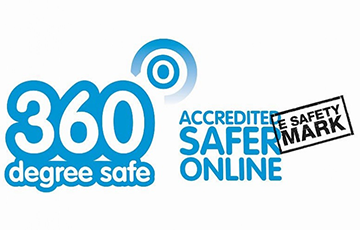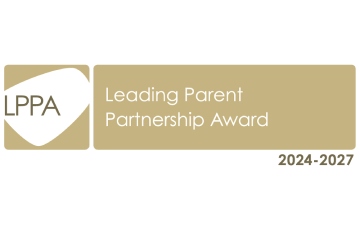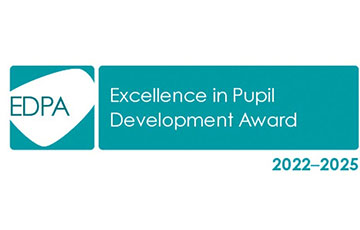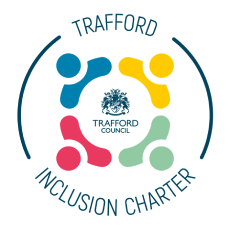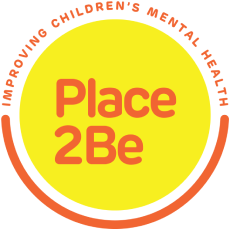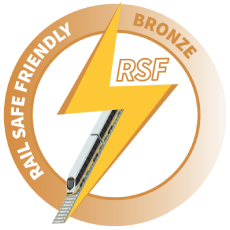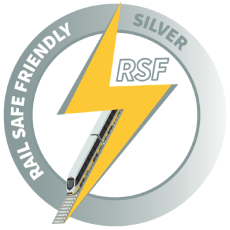Safeguarding
St Vincent's Catholic Primary School is committed to safeguarding all our children. We believe that children have a right to learn in a safe, supportive and caring environment. Children have a right to be protected from all types of abuse. All staff at St Vincent's are all highly trained in Safeguarding and the Prevent Duty. Staff are vigilant in looking for signs of abuse and know how to apply our robust safeguarding procedures.
Our Designated Safeguarding Team is listed below:
Safeguarding Governor: Mrs Donnachie
Designated Safeguarding Lead: Mrs Harrop
Deputy Safeguarding Leads: Mrs Farrell and Mrs Sutton
We adhere to all statutory DfE guidance listed below:
Keeping children safe in education 2025
Working Together to Safeguard Children
What To Do If You're Worried A Child Is Being Abused
Information Sharing for Practitioners
Educate Against Hate Parent Resources
Trafford Strategic Safeguarding Partnership
Trafford Children's First Response (formerly MARAT)
Trafford Domestic Abuse Service (TDAS)
Online Safety Guides
What Parents & Educators Need to Know about YouTube
Supporting Children to Deal with Upsetting Content
What Parents & Educators Need to Know about TikTok
What Parents & Educators Need to Know about WhatsApp
Top Tips for supporting Children Going Back to School
Mental Health Conversation Starters
Top Tips for Promoting Physical Wellbeing
What Parents & Educators Need to Know about Group Chats
Top Tips for Using Generative AI in the Classroom
Operation Encompass
Operation Encompass has been designed to provide early reporting to schools of any domestic abuse incidents that occur outside of normal school hours and that might have had an impact on a child attending school the following day. This information will be shared at the earliest opportunity between Monday to Friday and, when an incident occurs on a Friday, Saturday or a Sunday, the police will contact us the following Monday.
Trafford Children's First Response
Children's First Response is Trafford’s single point of contact for all professionals and members of the public to report concerns, request advice and share information about a child and/or family. If the child is at immediate risk of harm call the Police on 999. If you are a member of the public who has a concern about a child, and they are not at immediate risk of harm, you should call Trafford Children's First Response on 0161 912 5125 during office hours (Mon - Fri 8:30 - 4:30) or 0161 912 2020 out of hours (Emergency Duty Team).
Below are a range of pages or links on topics that will help you understand how to keep your child safe, spot danger signs and offer you support and help.
Radicalisation (Prevent Duty)
Child sexual exploitation
Children missing in education
Children missing from home or care
Missing children and adults
Domestic violence
Mental health
Female Genital Mutilation (FGM)
Bullying including cyberbullying
Sexting
Child on Child abuse
Faith Abuse
Forced Marriage
Trafficking
Young Carers
Safeguarding Curriculum
Pupil safeguarding and the promotion of Fundamental British Values are a core aspect aspect of our work. Great importance is placed on identifying opportunities in the taught curriculum for children to learn about safeguarding. Our broad curriculum is enriched with opportunities to experience life in all its diversity, to acquire knowledge, understanding and skills that significantly impact on personal development, behaviour and attitudes and equips every child with the knowledge and skills required for personal safeguarding. Through our personal development provision, our PSHE and RSE curriculum covers all areas of safeguarding through each of the strands. We are sensitive in our teaching and recognise that some more sensitive subjects are taught at an age appropriate level, or at a small group level or 1:1 level where a need arises. We challenge children to think deeply about safeguarding matters and their physical health and mental wellbeing. We give children opportunities across the curriculum to explore values, personal rights, responsibilities and equal opportunities in order that they develop moral concepts that impact positively on safeguarding, promote British Values and prevent radicalisation and extremism.
Here are some examples of the work we do to ensure children remain safe:
- Online safety lessons and pupil digital leaders in school
- Safe use of technology including password security and privacy settings
- 'Stranger Danger', being safe in the outdoors, what to do if?
- What to do if you are separated from your group (in relation to school visits)
- Robust anti-bullying policy and procedures and buddy system
- Reminders about behaviour rewards and behaviour we want to see inside and outside of school
- Relationship and Sex Education Policy, NSPCC Pants lessons each year
- Bikeability and road safety
- Fire awareness visits from the local fire service and fire drills
- PHSE Policy and themes which include strategies for developing self-esteem and confidence
- School Council is proactive in listening to other children’s views and acting upon their ideas
- Clear safety procedures built into the start and end of each day
- Talks from dental hygienists, nurses, police, road safety officers and fire fighters
- Hats and cream worn for sun protection
- Safeguarding induction procedures for new staff





